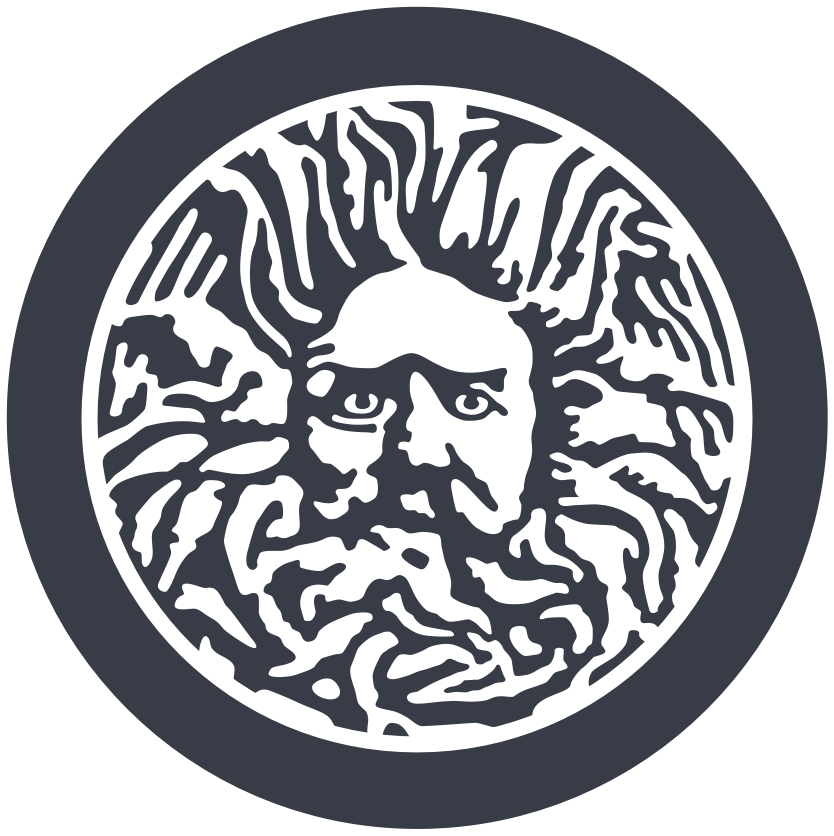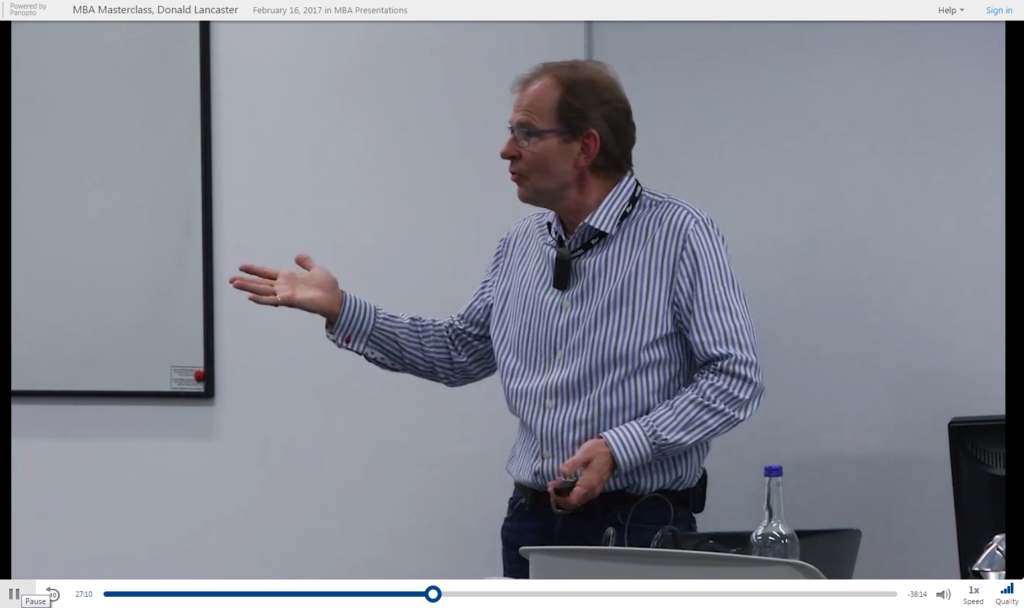I’ve only recently joined the Research Marketing team but have been at the University for a couple of years now. One of the advantages I’ve found from working here is having a wealth of academic knowledge in such close proximity, and easily accessible. So when I heard that the School of Management was running a free MBA Masterclass in Digital Marketing how could I say no?
After work on Tuesday I made my way over to the Executive Development Suite in The Edge (very nice, I recommend you take a peek) to see ‘Seven Pillars of Digital Marketing’ by Don Lancaster, Teaching Fellow and Doctoral Researcher.
I’ve pulled out some highlights and my favourite facts from Don’s talk below, and you can watch the recording of the Masterclass in full at the end of the post.
Current marketing landscape
Don started his talk by laying out the landscape: 50% of all advertising budget worldwide is spent on Digital, and the biggest growth sector is mobile. Spending on mobile marketing has gone up 44% in the last year alone.
We all know that our websites have to be mobile friendly (bounce rates of non-mobile websites are 85 – 90%) but there is much more to mobile than just your website – text, email, apps and geo services are all key to fully utilising the Mobile channel.
Audience
With digital marketing we are now talking to ‘Digital Natives’ – Generation Connected, Gen C, the YouTube Generation. These are people who probably can't remember the 90's and will never know what it’s like to only have one hour of internet each day. Gen C are digitally savvy, constantly switching devices and multi screening throughout the day; but only have an attention span of seven seconds.
Big data
Now, being a millennial and a marketing professional I consider myself pretty clued up on the ways of the web, but this section of Don’s talk made my eyes widen.
As regular web users we all know and accept that our activity online is tracked and used to sell us stuff, but do we really know how much information is being gathered – and how many people it is being sold to?
Along with our searches and web history, they collate and connect many different sources of information including: IP address, Census data, where you work, ATMs you use, your GPS location, train stations you travel from, how long you spend in the gym, your shoe size… and that’s only the beginning.
With one search or page visit, you give away almost 600 snippets of information about yourself. But how many of us only make one search or visit one page a day? I just checked my history, and yesterday I visited around 80 sites - and that's just on my work PC. If we double that (at least!) for my phone that means yesterday I gave away around 108,000 snippets of info about myself (including the fact I like The Lion King, Buffy the Vampire Slayer, and am searching for a new lunchbox).
In total across the net over 1.8 trillion pieces of information are recorded every day. In numbers that's 1,800,000,000,000.
For a sense of scale, here is what 1 trillion stars in the Andromeda galaxy looks like. Double that, and you’re pretty close to the number of pieces of information that is gathered on people including you and me. Every. Single. Day.
What is digital good for?
- Amplification – A marketing stunt that takes place in the city streets may be seen by 100 people live, but with digital that can then be broadcast to millions for free.
- Participation – ALS ice bucket challenge anyone? Digital is a great way to get people involved in your brand activities on and offline.
- Connection – Digital allows you to be friendly and build personal connections with your audience, but this can be a double edged sword. Consumers expect to receive a response from brands within one hour – but how many companies are able to deliver that 24/7?
The Seven Pillars
Watch the recording to see some great examples of these being implemented:
- Social
- Film
- Mobile
- Big data
- Native advertising
- ‘Out of home’ digital display
- Full integration
What’s next for digital?
In today’s changing landscape Don says that companies need to think past the sell, and work out how they can play a positive and useful role in people’s daily lives. Great examples of this include the Nike Run Club and the fleet of safety drones from insurance company Direct Line.
Don predicts that in the near future there will be no distinction between Marketing and Digital Marketing, as digital becomes even more integral to our day-to-day life. As marketeers, we need to make sure we can keep up.
Watch the talk here:
Respond



